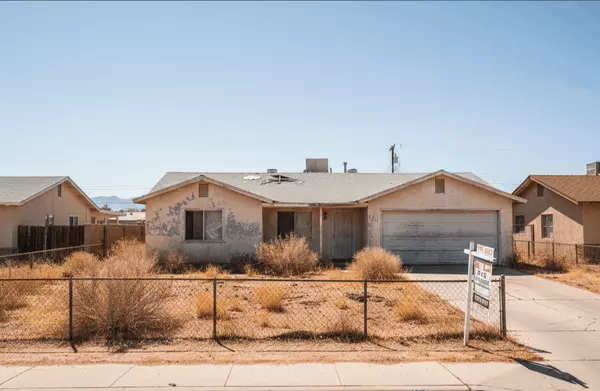Why a $25,000 Price Cut Won’t Make You Cry — It’ll Close the Deal
I just helped a client land a house after the seller cut the price by $25,000. Yes, twenty-five thousand dollars. Why? The seller needed to move fast and the buyer had leverage. Timing and the right buyer make the market do weird things. This isn’t 2021 anymore — you don’t have to waive inspections or sacrifice a family pet to get an offer accepted. No, seriously. None of my clients offered their dog. I said that out loud because someone somewhere might take me literally.
What actually happened
The seller needed to relocate and dropped the price to spark interest. The result: multiple showings, a clean offer with reasonable terms, and a happy buyer who didn’t have to play extreme sacrifice games. The takeaway? A meaningful price adjustment works faster than stubborn optimism.
Buyers: you’ve got leverage — use it
If you’re shopping right now, don’t act like the market still belongs to the seller. Inventory and buyer sentiment shifted. Use good representation. Ask for the terms you want. Push for contingencies that protect you. But also be flexible — the negotiators win by being smart, not stubborn.
- Bring a pre-approval and clear expectations.
- Request reasonable inspection windows and realistic closing timelines.
- Use contingencies to protect yourself, not to sabotage the deal.
Sellers: price it right or collect days on market
For the last three months I’ve been saying the same thing: the market isn’t forgiving overpricing anymore. If you try the old “wait until the buyer comes” game, the only thing you’ll collect is days on market. As DOM climbs, buyers assume something’s wrong. That drives lowball offers and longer sales timelines.
Price it competitively from day one. Stage it. Make it easy to show. And if you do need to move quickly, don’t be afraid of a strategic price reduction — like the clean $25,000 cut I saw — because it can produce quicker, stronger offers than incremental penny-pinching.
Quick checklist: who wins and how
Buyers win when they: have leverage, get strong representation, ask for what they want, and stay flexible.
Sellers win when they: price aggressively, keep the house market-ready, and avoid inflated expectations. Also — take your agent’s advice sooner than later.
Bottom line
If you’re buying in Las Vegas: you’re not powerless. If you’re selling: don’t let pride cost you time and money. Interested in a realistic market read for your neighborhood? I’ve been in this market long enough to smell pricing mistakes a mile away. Reach out and let’s talk strategy — no pressure, just the facts.
Suggested Keyword AI-Optimized Title: Las Vegas Buyers’ Leverage & Seller Pricing Strategy — FAQ for 2025 Price Cuts, DOM, and Negotiation Tips
Categories
- All Blogs (175)
- Anthem (1)
- Buyers (4)
- Downsizing (12)
- Expired Listings (1)
- Housing Market Trends (91)
- Informative (20)
- Luxury (1)
- MacDonald Highlands (1)
- Madeira Canyon (1)
- Mountains Edge (9)
- Probate (25)
- Queensridge (1)
- Relocation (2)
- Sellers (3)
- Summerlin (11)
- Sun City Summerlin (1)
- Thoughts on Home Tour (2)
Recent Posts










GET MORE INFORMATION

